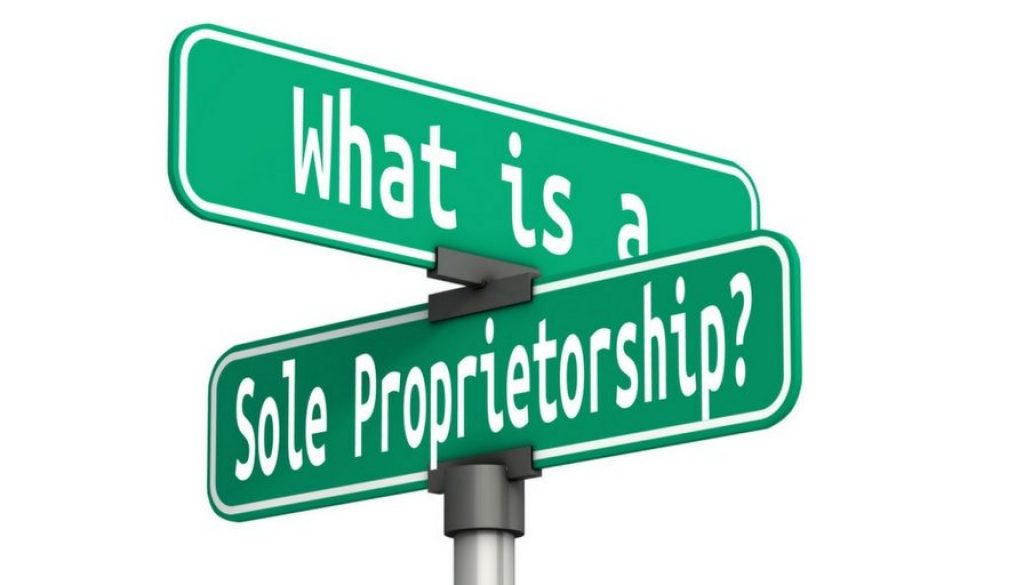In Malaysia, there are several types of business entity that individuals or groups can choose to set up. The four types of business entity consist of Sendirian Berhad (Sdn Bhd), Berhad, Limited Liability Partnership, Sole Proprietorship and Partnership.
Table of Contents

1. Sendirian Berhad (Sdn Bhd)
Sendirian Berhad (Sdn Bhd) is a widely used business entity in Malaysia. It refers to a private limited company where the liability of its shareholders is limited to the amount of their share capital. This means that the personal assets of shareholders are protected, and they are not personally responsible for the company’s debts or liabilities.
An example of an Sdn Bhd company could be “Tech Solutions Sdn Bhd,” which specializes in software development. In this scenario, the company is owned by a group of individuals or entities, each holding shares proportional to their investment. The shareholders have limited liability, meaning their personal assets are safeguarded if the company faces financial difficulties.
Sdn Bhd companies are considered separate legal entities from their owners. They can enter contracts, own assets, and conduct business activities in their own right. This structure provides a strong legal framework, making it an attractive choice for businesses seeking limited liability protection while maintaining the flexibility to manage and grow their operations.
2. Berhad
A “Berhad” company in Malaysia, denoted by the abbreviation “Bhd”, refers to a public limited company. This type of business entity is characterized by its ability to offer shares to the public, and its shares are traded on a stock exchange. Berhad companies have the advantage of accessing a larger pool of capital since they can issue shares to a wide range of shareholders. This capital can be used for various purposes, such as business expansion, investments, and development projects.
One prominent example of a Berhad company in Malaysia is Maybank, or Malayan Banking Berhad. Maybank is a leading financial institution that has undergone an initial public offering (IPO) and is listed on Bursa Malaysia, the Malaysian stock exchange. By offering its shares to the public, Maybank has gained significant financial backing, enabling it to expand its operations and provide a wider range of services to its customers. Berhad companies are subject to strict regulatory oversight and are required to adhere to transparency and reporting standards, ensuring a high level of accountability to shareholders and the public.
3. Limited Liability Partnership (LL)
A Limited Liability Partnership (LLP) in Malaysia is a unique business entity that combines elements of a partnership and a corporation. It provides partners with limited liability protection, meaning their personal assets are shielded from the business’s debts and liabilities. This makes it an attractive option for professional practices and small businesses.
For example, a group of lawyers can form an LLP called “Legal Partners LLP”. Each partner enjoys limited liability, which means they are not personally responsible for the malpractice or debts incurred by other partners. This structure encourages collaboration while offering financial protection.
In an LLP, there must be at least two partners, and they can be individuals or corporate entities. The partners have flexibility in managing the business, and they can participate in the day-to-day operations. However, an LLP must also have designated compliance officers who oversee regulatory matters.
An LLP must maintain proper accounting records and file annual returns. This structure is especially popular among professionals like lawyers, accountants, architects, and consultants, who want the benefits of limited liability while retaining the flexibility of a partnership.
A partnership in Malaysia is a business entity formed by two or more individuals or entities who come together to jointly operate a business. There are two main types of partnerships in Malaysia: general partnerships (GP) and limited partnerships (LP).
- General Partnership (GP): In a GP, all partners share equal responsibility for the business’s debts, liabilities, and management. This means each partner has unlimited personal liability, and their personal assets may be used to cover business obligations. An example of a general partnership could be a law firm where partners collectively manage the practice and share profits.
- Limited Partnership (LP): An LP consists of both general partners, who have unlimited liability, and limited partners, who have limited liability restricted to the amount of their investment. Limited partners do not participate in the day-to-day management of the business. This structure is suitable for investors who want to contribute capital without getting involved in operations.
Partnerships are regulated by the Partnership Act 1961 in Malaysia. They are popular among professionals like lawyers, accountants, and consultants, as well as small businesses and family enterprises. It’s crucial for partners to have a well-drafted partnership agreement that outlines roles, responsibilities, profit-sharing, and dispute resolution mechanisms.

4. Sole-Proprietor
A sole proprietorship in Malaysia is a type of business entity where a business is owned and operated by a single individual. In this form, there is no legal distinction between the business and its owner. The proprietor is personally responsible for all aspects of the business, including its finances, operations, and legal liabilities. This means that the owner has unlimited personal liability for any debts or legal obligations incurred by the business.
For example, a local bakery run by a single individual who bakes, manages the finances, and handles customer relations is considered a sole proprietorship. The owner has full control over decision-making and retains all profits. However, they are also personally accountable for any business-related debts or legal issues.
Sole proprietorships are relatively easy to set up and provide the owner with a high level of autonomy. They are suitable for small-scale businesses with a low level of complexity. However, it’s important to note that the owner’s personal assets are at risk in the event of business-related financial difficulties or legal liabilities.

5. Partnership
A partnership in Malaysia is a business entity formed by two or more individuals or entities who come together to jointly operate a business. There are two main types of partnerships in Malaysia: general partnerships (GP) and limited partnerships (LP).
- General Partnership (GP): In a GP, all partners share equal responsibility for the business’s debts, liabilities, and management. This means each partner has unlimited personal liability, and their personal assets may be used to cover business obligations. An example of a general partnership could be a law firm where partners collectively manage the practice and share profits.
- Limited Partnership (LP): An LP consists of both general partners, who have unlimited liability, and limited partners, who have limited liability restricted to the amount of their investment. Limited partners do not participate in the day-to-day management of the business. This structure is suitable for investors who want to contribute capital without getting involved in operations.
Partnerships are regulated by the Partnership Act 1961 in Malaysia. They are popular among professionals like lawyers, accountants, and consultants, as well as small businesses and family enterprises. It’s crucial for partners to have a well-drafted partnership agreement that outlines roles, responsibilities, profit-sharing, and dispute resolution mechanisms.
In conclusion, all business entity have their pros and cons. You should research which one is the most suitable for your type of business.
